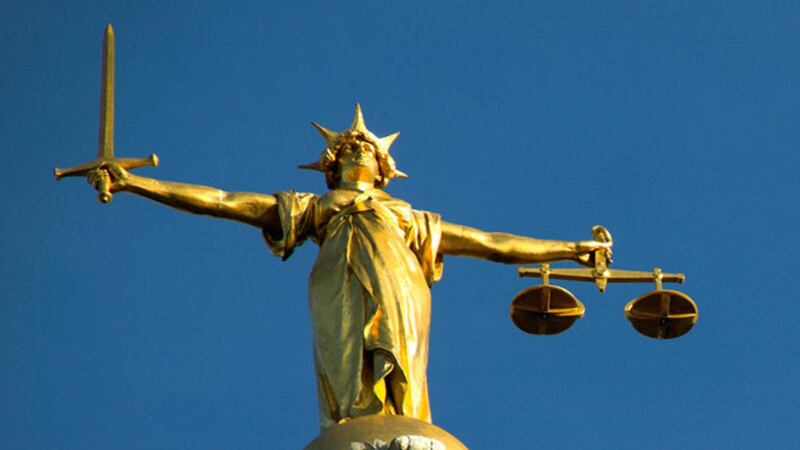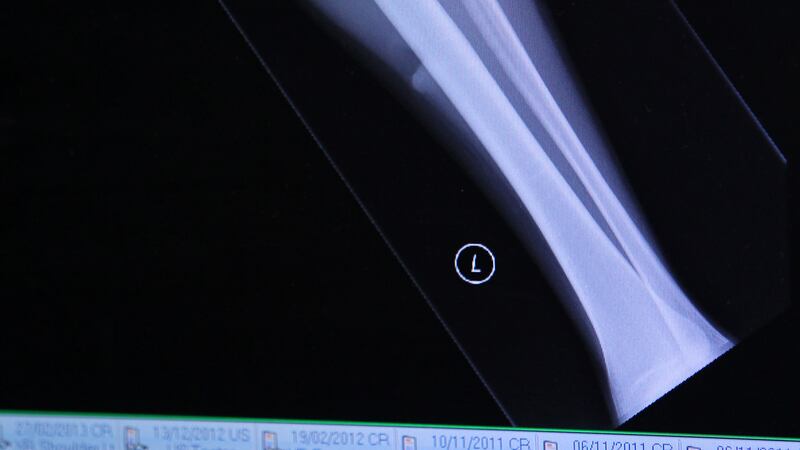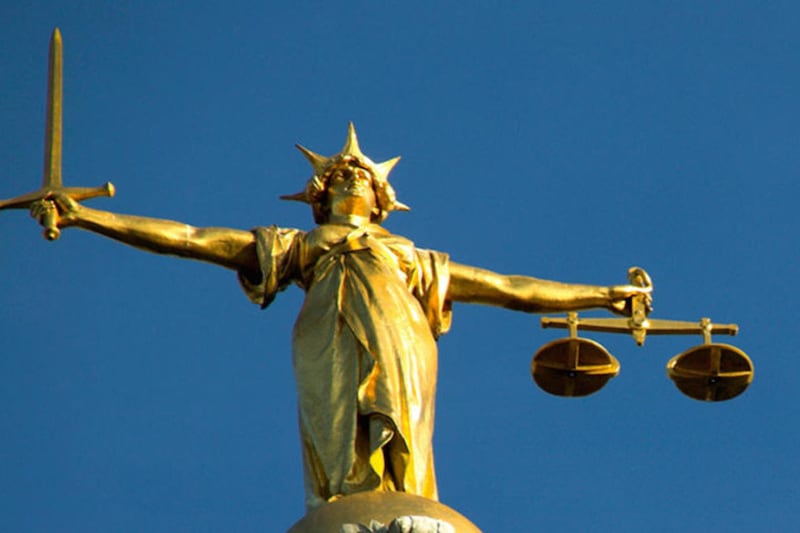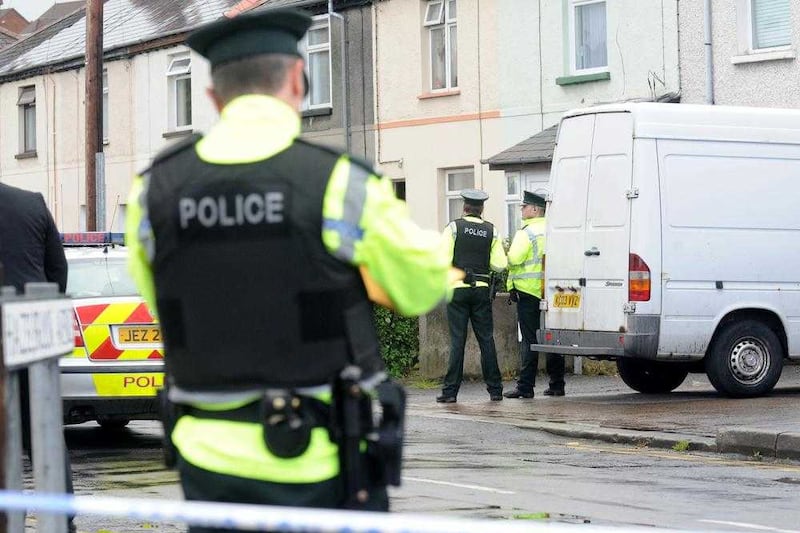Leading judges have refused to overturn guilty verdicts in the first appeals brought in "joint enterprise" cases since a landmark Supreme Court ruling raised the possibility that hundreds of convictions could be "unsafe".
Three of Britain's most senior judges announced their decision at the Court of Appeal in London on Monday in test case challenges brought by a number of men convicted of group attack murders.
Their appeals followed a decision in February by the UK's highest court that the application of the law on joint enterprise, otherwise known as common enterprise, had taken "a wrong turn" and been misinterpreted for 30 years.
Lord Chief Justice Lord Thomas, who heard the cases with Sir Brian Leveson, and Lady Justice Hallett, was greeted by cries of protest by supporters of the men sitting in the public gallery as he gave decisions in the individual appeals.
At the heart of the case is the so-called "foresight principle" in joint enterprise cases. Used over the years to tackle gang violence, defendants have been convicted if they could have foreseen that a murder or violent act was likely to take place.
But the Supreme Court ruled that the foresight rule was being misinterpreted and juries had to decide "on the whole evidence" whether a person had the "necessary intent" to join in the commission of a crime.








